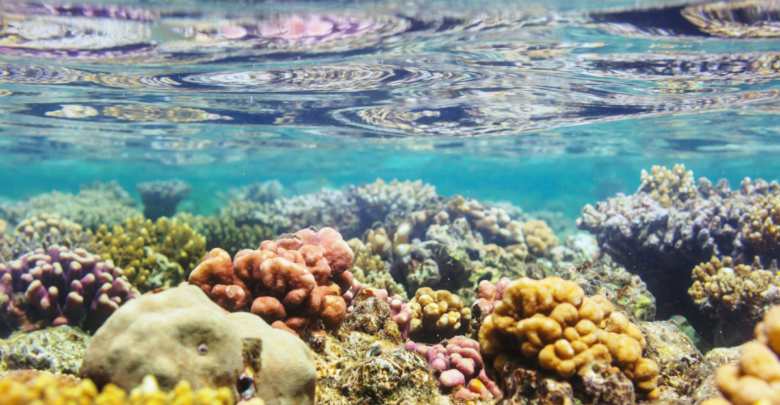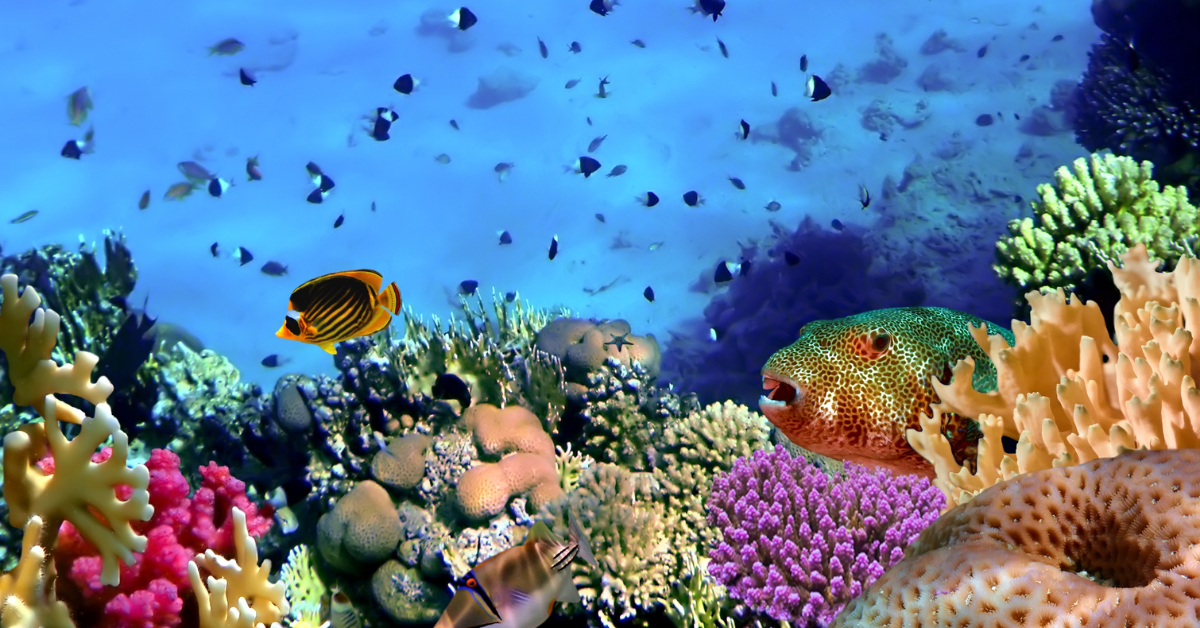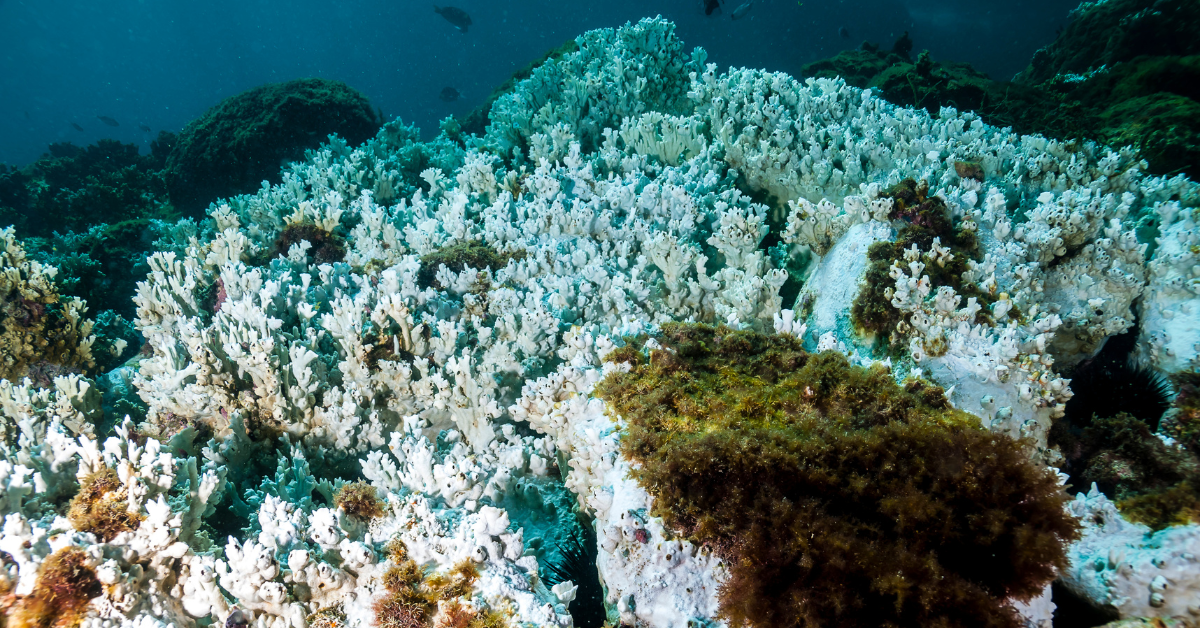Saving Our Precious Coral Reefs: A Call to Action

Coral reefs are among the most diverse and vibrant ecosystems on Earth. These majestic underwater structures are home to a myriad of marine species, providing shelter, food, and breeding grounds for countless organisms. Coral reefs also play a crucial role in protecting coastlines from erosion and storm damage. Unfortunately, this invaluable ecosystem is under threat, and urgent action is needed to save our precious coral reefs.
Threats to Coral Reefs
Coral reefs face numerous threats that are pushing them to the brink of extinction. One of the primary culprits is climate change. Rising sea temperatures caused by global warming have led to a phenomenon known as coral bleaching, where corals lose their vibrant colors and become more susceptible to disease. This bleaching event has devastated coral reefs worldwide, leaving them weakened and vulnerable to further damage.
Another significant threat to coral reefs is overfishing. When fish populations are depleted through excessive fishing, the delicate balance of the reef ecosystem is disrupted. Fish serve as essential grazers, controlling the growth of algae that can smother coral. Without these fish, algae can proliferate, suffocating and killing coral reefs.
The Role of Climate Change in Coral Reef Decline

The impact of climate change on coral reefs cannot be overstated. As the Earth’s temperature rises, so do the sea surface temperatures. Coral polyps, the tiny organisms that build coral reefs, are highly sensitive to even small changes in temperature. When the water becomes too warm, the coral expels the algae living in its tissues, causing it to turn white or “bleach.” If the stress continues for too long, the coral can die.
In addition to rising temperatures, climate change also leads to more frequent and severe storms, which can cause physical damage to coral reefs. Strong waves and storm surges can break apart coral colonies, leaving them vulnerable to disease and other threats.
Overfishing and Its Impact on Coral Reefs
Overfishing poses a significant threat to the health and survival of coral reefs. When fish populations are overexploited, the delicate balance of the ecosystem is disrupted. Many fish species play critical roles in maintaining the health of coral reefs. For example, herbivorous fish such as parrotfish and surgeonfish feed on algae, preventing it from overgrowing and smothering the coral.
However, when these fish are overfished, algae can proliferate, outcompeting the coral for space and resources. This can lead to the decline and eventual death of the coral reef. Additionally, the removal of large predatory fish, such as groupers and snappers, disrupts the entire food chain, further destabilizing the ecosystem.
Pollution and Its Effects on Coral Reefs
Pollution, particularly in the form of sedimentation and chemical contamination, poses a grave threat to coral reefs. Sedimentation occurs when excessive amounts of soil and other particulate matter are washed into the ocean, clouding the water and smothering the coral. This can occur due to deforestation, construction activities, and improper land-use practices.
Chemical pollution from agricultural runoff, sewage, and industrial waste can also harm coral reefs. These pollutants can disrupt the delicate balance of the reef ecosystem, affecting the growth and reproductive cycles of corals, as well as the health of other marine organisms.
Coral Bleaching and Its Devastating Consequences

Coral bleaching is a phenomenon that occurs when corals expel the algae living within their tissues, causing them to turn white or pale. This process is often triggered by stress, such as high water temperatures or pollution. When corals bleach, they become more susceptible to disease and can ultimately die if the stress continues.
The consequences of coral bleaching are devastating. Not only does it result in the loss of vibrant and biodiverse ecosystems, but it also has profound effects on the communities and economies that rely on coral reefs. Many coastal regions depend on coral reefs for tourism, fishing, and coastal protection. The loss of coral reefs can have far-reaching social, economic, and ecological implications.
Steps to Save Coral Reefs
While the challenges facing coral reefs may seem overwhelming, there are steps that can be taken to save these precious ecosystems. One crucial step is the promotion of sustainable fishing practices. Implementing measures such as fishing quotas, size limits, and protected areas can help restore fish populations and maintain the delicate balance of the reef ecosystem.
Reducing pollution and protecting coral reef ecosystems is another vital aspect of coral reef conservation. Efforts should be made to minimize sedimentation and control chemical runoff through improved land-use practices and the implementation of water treatment systems. Additionally, strict regulations and enforcement are needed to prevent the dumping of industrial waste and pollutants into the ocean.
Raising awareness and educating the public about the importance of coral reefs is also crucial. By informing individuals about the value of these ecosystems and the threats they face, we can foster a sense of responsibility and inspire action. Education programs, community outreach, and public campaigns can all play a role in increasing awareness and promoting behavioral changes that benefit coral reef conservation.
Lastly, supporting coral reef conservation organizations is essential. These organizations work tirelessly to protect and restore coral reefs through scientific research, habitat restoration, and advocacy. Donations, volunteering, and participation in fundraising events can all contribute to their efforts and help ensure the survival of our precious coral reefs.
Conclusion: Taking Action to Save Our Precious Coral Reefs
Coral reefs are not only breathtakingly beautiful but also vital to the health of our planet. They are home to countless marine species, provide coastal protection, and support the livelihoods of millions of people. However, coral reefs are facing unprecedented threats from climate change, overfishing, pollution, and coral bleaching.
It is our collective responsibility to take action to save these precious ecosystems. By promoting sustainable fishing practices, reducing pollution, raising awareness, and supporting coral reef conservation organizations, we can make a difference. Together, we can ensure that future generations can continue to marvel at the wonder and beauty of coral reefs. Let us act now to protect and preserve these invaluable treasures beneath the sea.
Join the fight to save coral reefs today! Donate to a coral reef conservation organization, educate others about the importance of these ecosystems, and make sustainable choices in your daily life. Together, we can make a difference and secure a future for our precious coral reefs.




